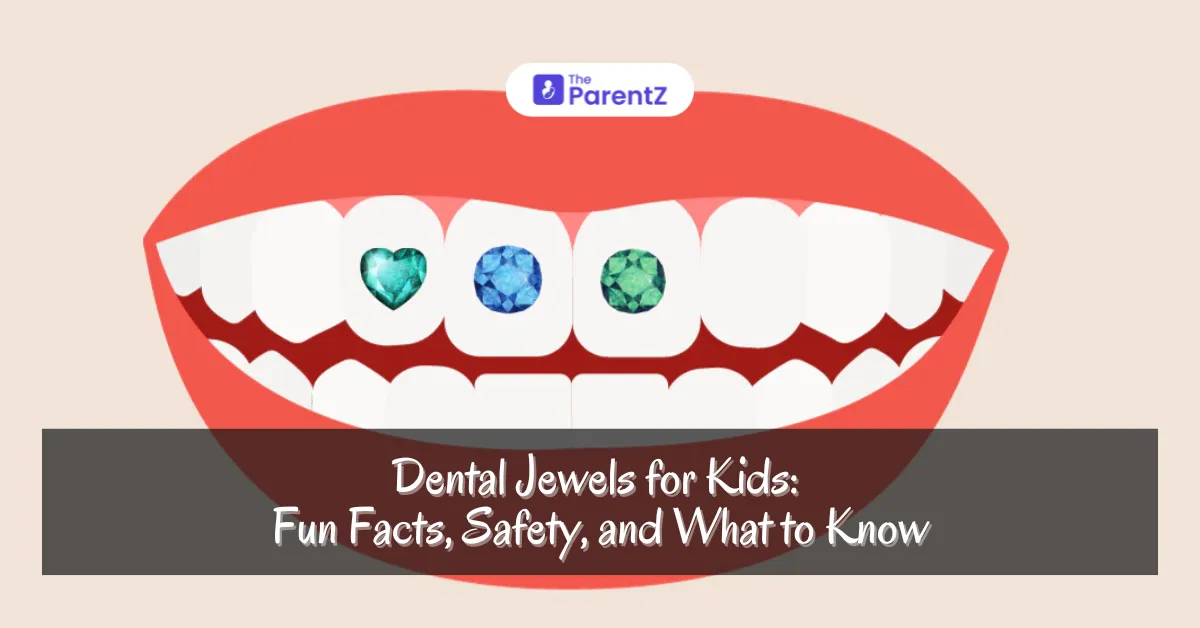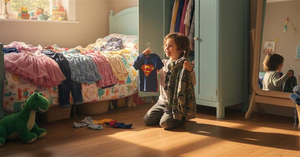Dental jewels are tiny gems or crystals that are adhered to the surface of teeth, often to add a touch of sparkle to a smile. While this trend has been more common among teenagers and adults, some children are now interested in getting dental jewels as well. As a fun and aesthetic choice, dental jewels are temporary and non-invasive, but there are a few things kids and parents should consider before diving into this trend.
What Are Dental Jewels?
Dental jewels are small, decorative gems or crystals that are applied to the surface of a tooth using a safe adhesive, usually by a dentist or trained professional. These jewels do not require drilling or permanent alterations to the tooth structure, making them a popular choice for temporary, non-invasive tooth decoration.
Fun Facts About Dental Jewels
1. Variety of Styles: Dental jewels come in various shapes, sizes, and colors. Some popular options include diamonds, hearts, stars, and other fun designs.
2. Safe Application: Since no drilling or tooth modification is required, the procedure for applying dental jewels is safe and painless when done by a professional.
3. Temporary: Dental jewels can last anywhere from a few months to a year, depending on how well they are cared for. They can also be removed easily by a dentist.
4. Oral Health-Friendly: When placed correctly, dental jewels should not damage the tooth enamel, but maintaining good oral hygiene is crucial.
5. Celebrities Love Them: Dental jewels have been made popular by celebrities and influencers, which has sparked interest among kids and teens.
Who Should Avoid Dental Jewels?
While dental jewels are generally safe, there are some cases where they may not be the best option, especially for children:
1. Poor Oral Hygiene: Kids who struggle with brushing and flossing regularly should avoid dental jewels. The gem’s presence on the tooth can make it harder to clean effectively, increasing the risk of plaque build-up and cavities.
2. Braces: Children with braces or orthodontic appliances should wait until their treatment is complete before considering dental jewels. The added accessories could interfere with orthodontic work.
3. Tooth Sensitivity: If your child has sensitive teeth or weak enamel, it’s best to avoid dental jewels. The adhesive used could exacerbate sensitivity issues, making it uncomfortable for the child.
4. Active Sports: Kids who participate in contact sports may want to skip dental jewels, as the chance of impact could dislodge the jewel or cause damage to the tooth.
Are Dental Jewels Safe for Kids?
The safety of dental jewels largely depends on how well the child maintains their oral hygiene and the professional skill of the person applying them. While the jewels themselves do not damage the tooth, poor cleaning habits or mishandling could lead to oral health issues like:
• Plaque and Bacteria Build-up: If plaque accumulates around the jewel, it can lead to tooth decay and gum problems.
• Enamel Wear: If applied or removed improperly, there could be a risk of damaging the tooth enamel.
• Swallowing: Though rare, it’s possible for the jewel to dislodge and be swallowed, which is usually harmless but still a concern for young children.
Conclusion: A Dentist’s Perspective
From a dentist’s point of view, dental jewels can be a fun, temporary way to personalize a smile, but they are not without risks—especially for children. It’s essential to ensure that your child has excellent oral hygiene habits before considering dental jewels. Parents should always seek professional advice before allowing their children to get dental jewels and make sure they’re applied by a dentist.
Finally, kids who are still in the developmental stages of their dental health, particularly those with braces, should wait until they have their adult teeth fully in place and have completed orthodontic treatment before trying out this trendy sparkle.
Final Thought
Dental jewels might seem like a fun way to add a little glimmer to a child’s smile, but good oral health should always be the foundation. Discuss this option with your dentist and remember, sparkling teeth are best when they’re clean and healthy!
By balancing fun with dental health awareness, kids can enjoy the best of both worlds while keeping their smiles bright for years to come.









Be the first one to comment on this story.